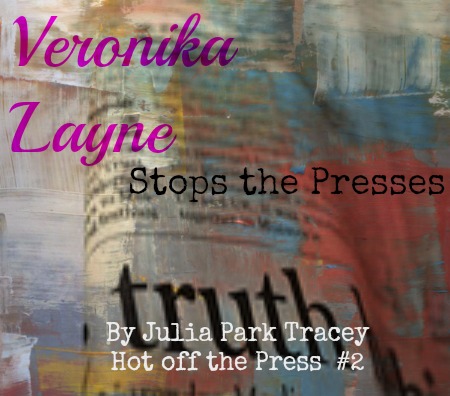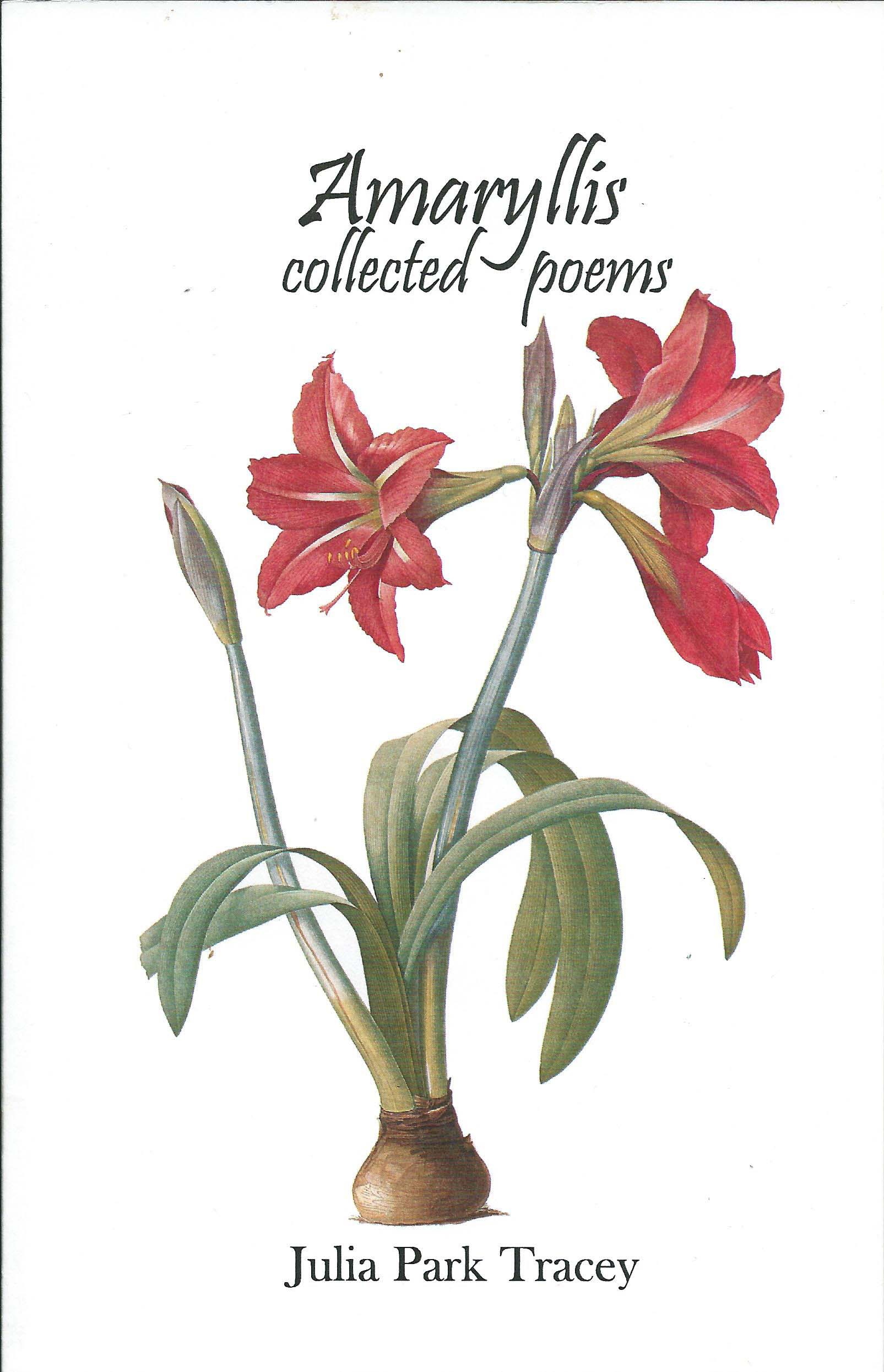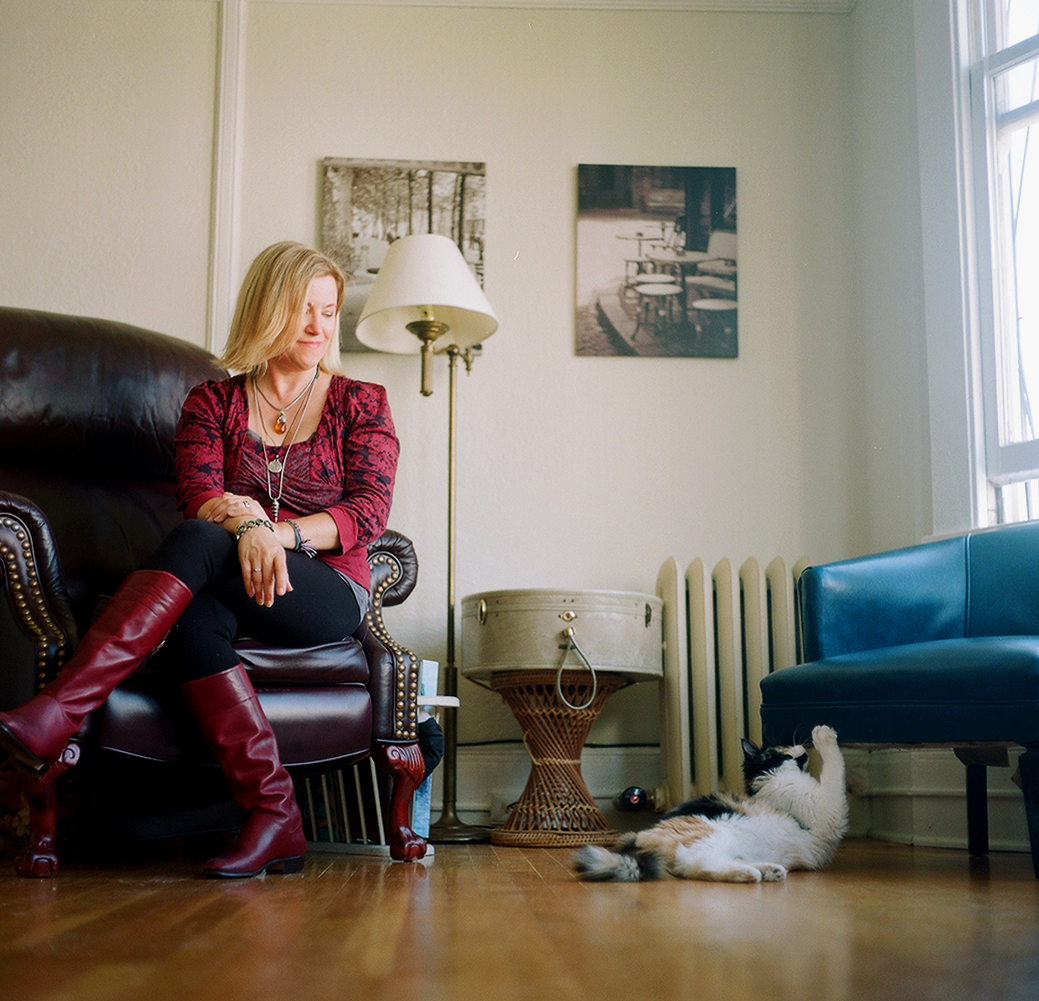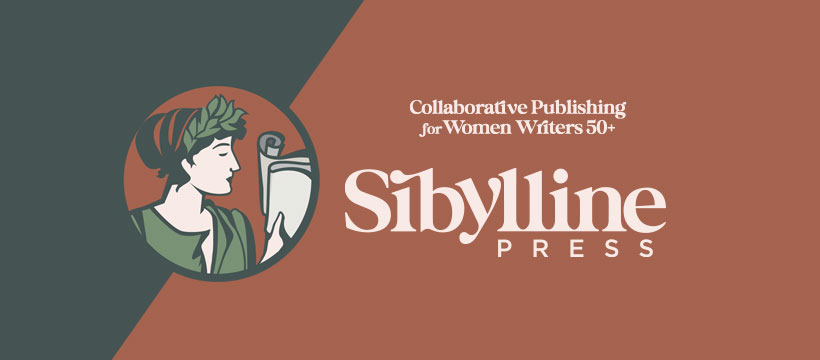writing
-
A word about Silence
She’s finally coming to light. My beloved Silence: a novel I have been working on for at least five years and which I have dreamed of writing for almost ten years–she is coming out into the open, publishing on Sept. 24, 2024. This woman — this character. I am not overstating my adoration for her, when I say that I believe this is the best book I have written yet. And I love all my books! But this one–hello! How will I ever surpass it? How will I move on from living in the world of this beauty? I loved researching her life. I loved learning about colonial medical practices…
- Books, Contest, gratitude, marketing, News, novel, Orphan Train, Sibylline Press, The Bereaved, writing
Goodreads Giveaway throughout August!
The Bereaved comes out in August, and the launch party is days away. I wanted to share some fun stuff with you. For one, there’s a Goodreads Giveaway going now through the end of the month. (Click the link there to enter.) No charge to enter, of course. Don’t be silly. Of course I want you to win a copy! Then there’s The Bereaved book trailer. I’m working on posting it to the site here; it goes live on Friday on social media. Which, by the way, for me now is mostly Facebook, Instagram, and Threads, although I am definitely on TikTok, and I have a toe in the water…
- Appearances, authors, book biz, Books, Cancer, gratitude, News, Orphan Train, reviews, Sibylline Press, The Bereaved, writing
Tick Tock
Countdown is on for my book launch — August 8, in Grass Valley, 6-8 pm, at the UUCM: Unitarian Universalist Community of the Mountains. I’m ordering cake! I’m placing ads! You like cake, don’t you? We’ve been collecting reviews, including this starred review: Tracey does a masterful job in this novel, developing Martha as a relatable narrator; readers will find that their spirits rise and fall with hers. For the most part, her life in the city is almost too wrenching to witness. The most painful aspect of the story, wonderfully handled by Tracey, is its depiction of the casual cruelty of the righteous folk who think they should be…
-
Forthcoming from Sibylline Press Fall 2023
Excited to announce that I have signed a contract and my historical novel, The Bereaved, will be in bookstores in fall 2023. Prepare yourself for nattering and humblebrags with a side of shameless self promotion. I hope you will love the story of Martha and her Orphan Train children, based on the true story of my fourth great grandmother and her four scattered children. Writing this story was one way I grieved the loss of our son. Martha and her lost boy are so much a part of me. Literally in my DNA. #fallbooks #bookstagram #booksofinstagram #historicalfiction #civilwar #suicidelosssurvivor
-
Hitting the Road
I am heading out on Tuesday to the East Coast, via the Deep South, to New England, following the course of our family history back through time. I’m starting roughly where we left off with slavery, in Alabama, and working my way backward through Georgia, South and North Carolina, up to Virginia; Maryland and D.C., then up via train to Boston and the Cape. We will end up at the Mayflower II, if all goes well. Accompanying me are my elder sister and a cousin, both of whom share my family history, and who were willing to come along for the ride. We are also planning to stop to see…










